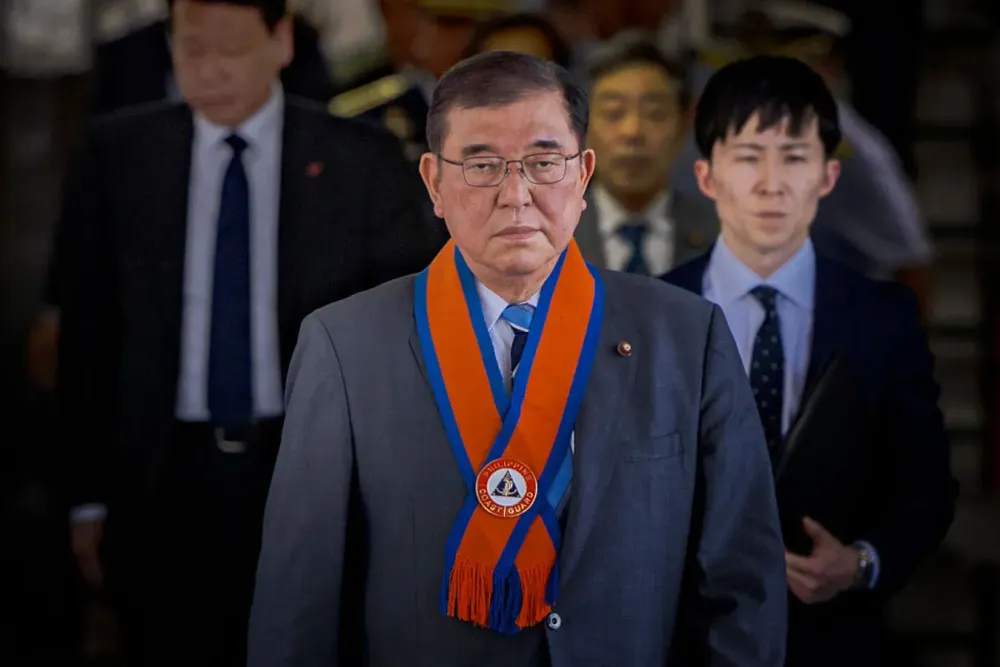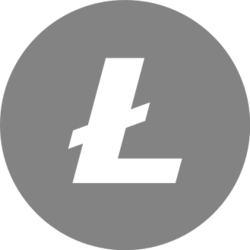Advertisement|Remove ads.
Japan Premier Says Fiscal Conditions Worse Than Greece, Rules Out Rushing Into US Trade Deals Like UK Or China

Japan has conveyed its stance of prioritizing protecting national interests over clinching a deal with the U.S. even as the latter successfully negotiated a pact with the U.K. and a temporary truce with China.
Bloomberg reported that Prime Minister Shigeru Ishiba said the country will continue to seek exemptions for all additional tariffs imposed by the U.S. in a speech to the Japanese Parliament.
"We will not follow other countries simply because they are moving forward," he said. "Of course, we will keep time limits in mind during negotiations, but we have no intention of compromising our national interests by becoming overly fixated on them."
The report said Ishiba's stern stance on the U.S.-Japan trade issue comes amid a further drop in his support ahead of the Upper House election in July.
After announcing a 24% tariff on Japanese imports in early April as part of President Donald Trump's Liberation Day levies, the U.S. has paused implementation to allow scope for negotiations. Currently, a 10% base levy and a 25% tariff on cars, steel, and aluminum are in place.
In May, Japan's top trade negotiator, Ryosei Akazawa, said the country would continue to seek a reprieve from all the tariff measures imposed by the Trump administration. He, however, confirmed that talks between the countries will accelerate, with an eye on a potential deal in July.
Ishiba has also previously stated that a deal that does not address the 25% tariffs on cars is unacceptable.
Akazawa will reportedly visit the U.S. this week for a third round of talks.
A separate Bloomberg report said Ishiba has opposed funding tax cuts with Japanese government bonds, citing the risk of rising borrowing costs.
Referring to the Bank of Japan's move toward raising interest rates after eliminating the negative interest rate policy last year, the prime minister said, "The government is not in a position to comment on interest rates, but the reality is we're facing a world with them. Our country's fiscal situation is undoubtedly extremely poor, worse than Greece's."
The Greek debt crisis, which peaked in 2011-12, was caused by excessive government spending, causing a prolonged period of economic hardships.
Government data released last week showed that the Japanese economy contracted by 0.2% in the first quarter, weighed down by a sharp decline in exports.
The broader SPDR S&P 500 ETF (SPY) has gained 1.7% so far this year, underperforming the 8% gain for the iShares MSCI Japan ETF (EWJ).
For updates and corrections, email newsroom[at]stocktwits[dot]com.














/filters:format(webp)https://news.stocktwits-cdn.com/large_Solana_722b6a3879.webp)
/filters:format(webp)https://news.stocktwits-cdn.com/Anushka_Basu_make_me_smile_in_the_picture_b92832aa_af59_4141_aacc_4180d2241ba8_1_2_png_1086e0ed8c.webp)
/filters:format(webp)https://news.stocktwits-cdn.com/large_X_Elon_Musk_274c6a8683.webp)
/filters:format(webp)https://news.stocktwits-cdn.com/large_kevin_o_leary_OG_jpg_2789641a97.webp)
/filters:format(webp)https://news.stocktwits-cdn.com/large_Getty_Images_2200882557_jpg_53f3e467bc.webp)
/filters:format(webp)https://news.stocktwits-cdn.com/large_Getty_Images_2260269284_jpg_cf42b9b8c3.webp)
/filters:format(webp)https://news.stocktwits-cdn.com/large_Patrick_Witt_d5f3eaa4da.webp)